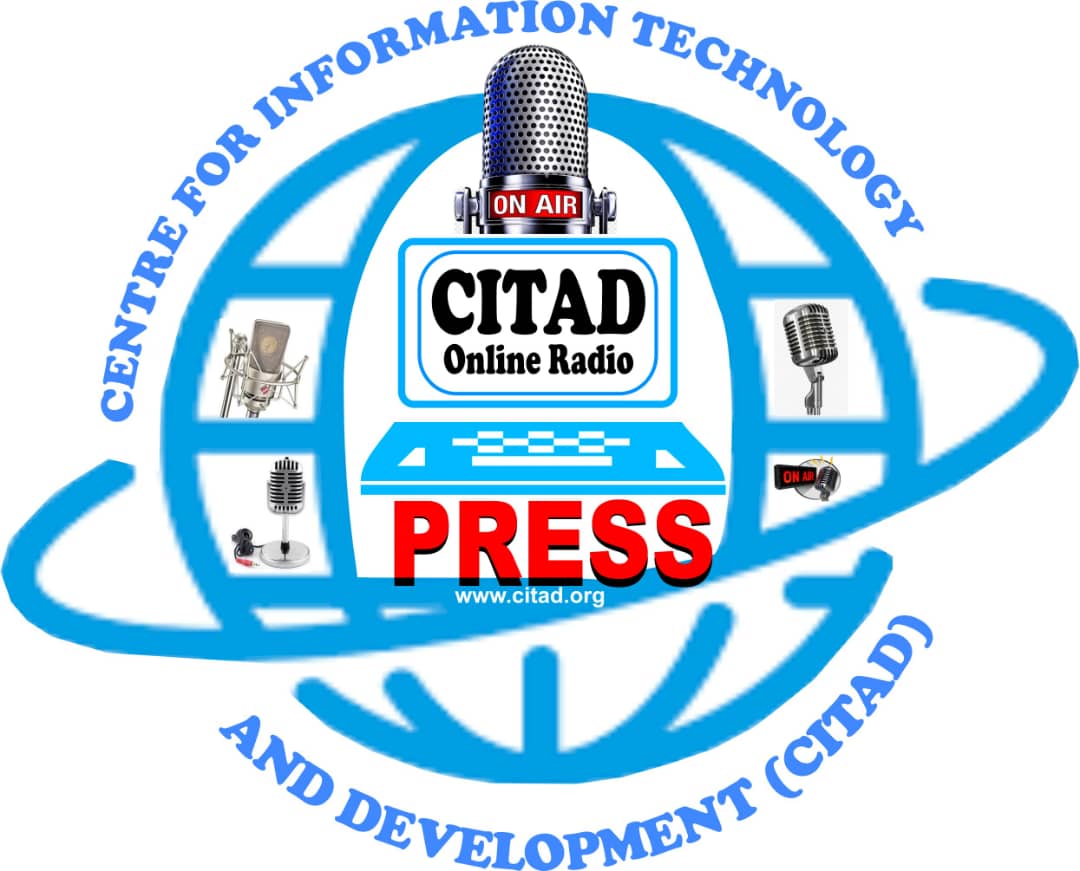Helpline Foundation for the Needy and Pathfinder International trained the Federal Capital Territory (FCT) Original Inhabitant (OI) girl-child on gender equality, social inclusion, human rights and health practices.
Declaring the programme open on Wednesday in Abuja, the President of Helpline Foundation for the Needy Abuja, Dr. Jumai Ahmadu hinted that her organization has, “over the years, taken the girl-child project as a top priority among other objectives”.
“My foundation has given the girl-child a voice through the Voice of the Girls Parliament, where the girl-child meets to enact laws, and they are mentored on leadership and capacity building, among others.
Ahmadu, who was represented by the Foundation’s Project Manager, Mr. Onoja Arome, revealed that the organization has equally engaged over 189 of the FCT original inhabitant women and youths on local economic development projects through traditional attire weaving for cultural preservation.
She added that the traditional attire-making training had been carried by Helpline with her partners to ensure revamping and preservation of the indigenous cultural heritage of weaving a cherished, age-long local fabric, which was on the verge of extinction.
Ahmadu, therefore, thanked MacArthur Foundation, Resource Center for Human Rights and Civic Education (CHRICED), as well as Dr. Zikirulahi Ibrahim, for championing the project in the FCT and beyond.
Also speaking, the Program Officer of Reproductive Health/Family Planning of Pathfinder International, Kosi Izundu stated that sensitization of girls of reproductive age in hard-to-reach areas was part of her organization’s mandates.
Izundu expressed happiness for being able to gather the girls in one place and “talk to them about sexual reproductive health and their rights today.
According to her: “In summary, what we are telling the girls today is helping them to maintain their agencies in terms of having information to be able to protect themselves and to be able to speak out in case of any form of harassment or discrimination.
“It was important for the girls to be given the right information so that “they can grow into very healthy adolescents and adults and they are able to fulfill their potentials in the society”.
Fielding questions from newsmen on why the boys were not part of the training, she responded: “We do that in our programming very regularly even though the boys are not present in the room.
“Girls don’t get raped or abused on their own. They (abusers) are either perpetrated by boys or older adults within their neighbourhoods. It is very important that the boys are also listening. It is important that the boys are carried along in this great process that they grow up to be very responsible adults”, she said.
One of the participants, who is Deputy Speaker, Voice of Girls Parliament and a student of Grande Ville Academy, Hon. Akinrolabu Doniella, appealed for equality among children irrespective of sex.
She noted that inequality against the girl-child makes the girl sad which could lead to depression, especially when they are neglected by their parents or guardians.
Her takeaway from the Progtamme was the go-ahead given to children to talk to other persons, such as their teachers, on any issue bothering them in case their parents didn’t give them attention.

